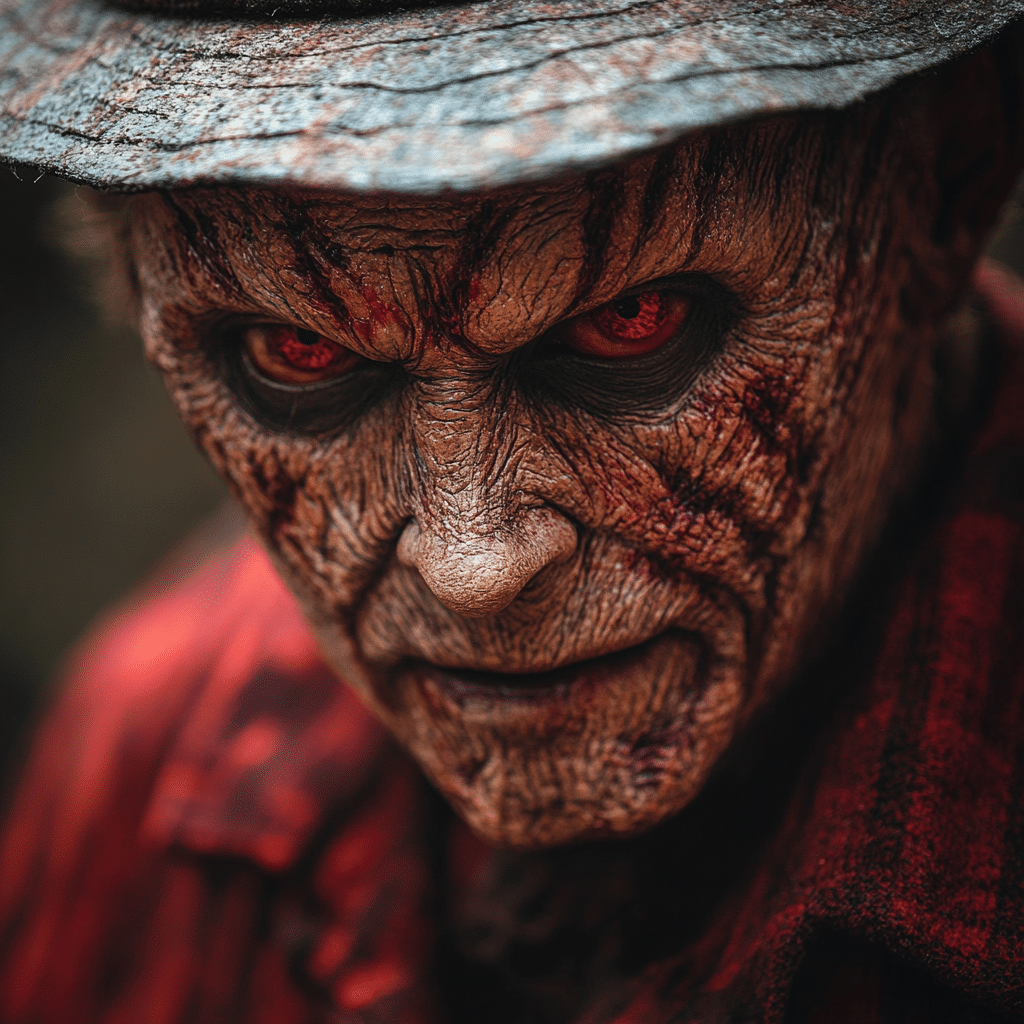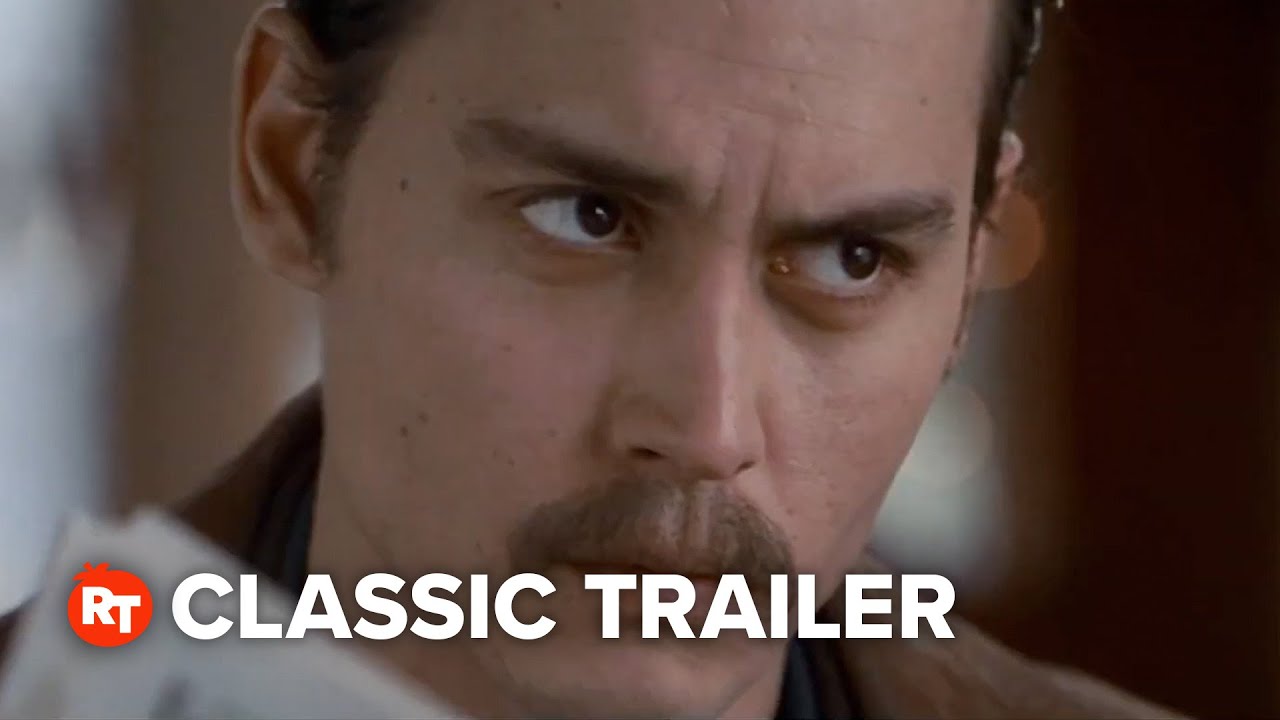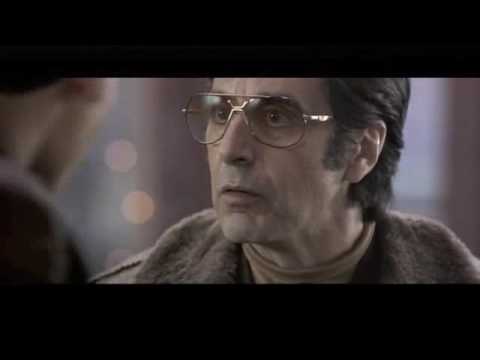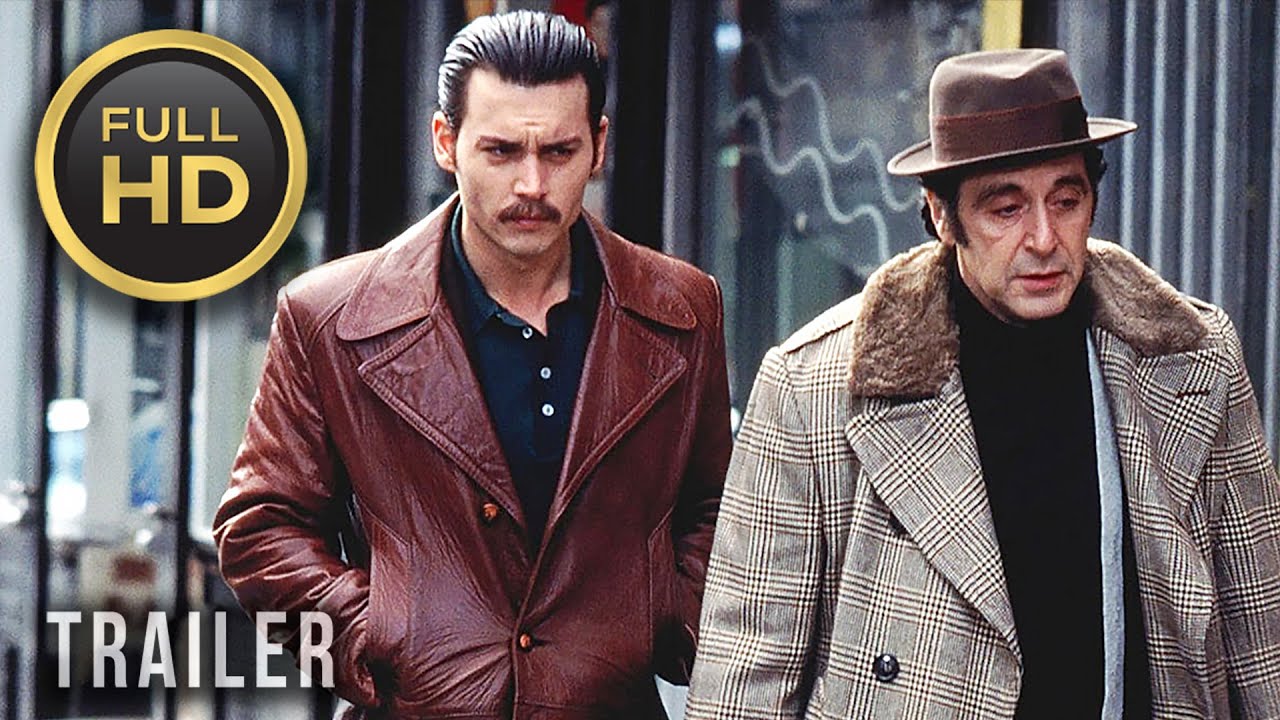If you’re a film enthusiast, chances are you’ve watched Donnie Brasco at least once (maybe twice). This gripping crime drama, directed by Mike Newell, transforms the true story of undercover FBI agent Joe Pistone into a cinematic rollercoaster. As “Donnie Brasco,” Pistone penetrates the inner workings of the Mafia, exposing a dark world filled with loyalty, fear, and dire consequences. If you thought being an undercover agent was all cool gadgets and thrilling chases, think again. The reality is far more complex.
Pistone’s journey isn’t just a tale of criminal deception; it’s an exploration of identity, morality, and the psychological repercussions of living a lie. Fueled by the kind of tension that keeps you at the edge of your seat, Donnie Brasco invites us into the shadows where friendships blossom amongst thugs and consequences are dire. The film serves as a striking reminder of the sacrifices made in the name of justice, but it also raises eyebrows over how much one can lose in the pursuit of that noble cause.
Let’s dive into the nitty-gritty of this film and reveal some shocking truths behind Donnie Brasco’s undercover story—you might just realize how intricate and mind-bending the world of organized crime can be!
The Dark Reality of Donnie Brasco’s Undercover Journey
Joe Pistone’s transformation into Donnie Brasco was no walk in the park. Living with the constant fear of being discovered took a staggering psychological toll on him. Imagine living under a false identity, all while becoming emotionally attached to people who could easily become your worst enemies. This identity turmoil resonates deeply, echoing through other iconic films like Donnie Darko, where characters grapple with their realities.
Moreover, the Mafia’s insidious nature is reminiscent of horror icons like Freddy Krueger, who embodies terror. Just as Freddy haunts dreams, the Mafia instilled a tangible fear that often left law enforcement stumped. This allows us to consider whether the greatest fear comes from the criminal world itself or from the very people who seek to infiltrate it. In Donnie Brasco, Pistone’s interactions with mob figures show both the chilling and confusing sides of loyalty in the underworld.
When looking deeper, unexpected alliances emerge. Pistone cultivated relationships with mobsters—unexpected friendships born from shared experiences and dangerous liaisons. Much like the reflective storytelling often found in Eddie Vedder’s poignant songwriting, these connections reveal that, despite their criminal lifestyles, mobsters have their own codes of loyalty. This complexity sheds light on the blurred lines of morality that exist not just in the mob, but in our everyday lives as well.
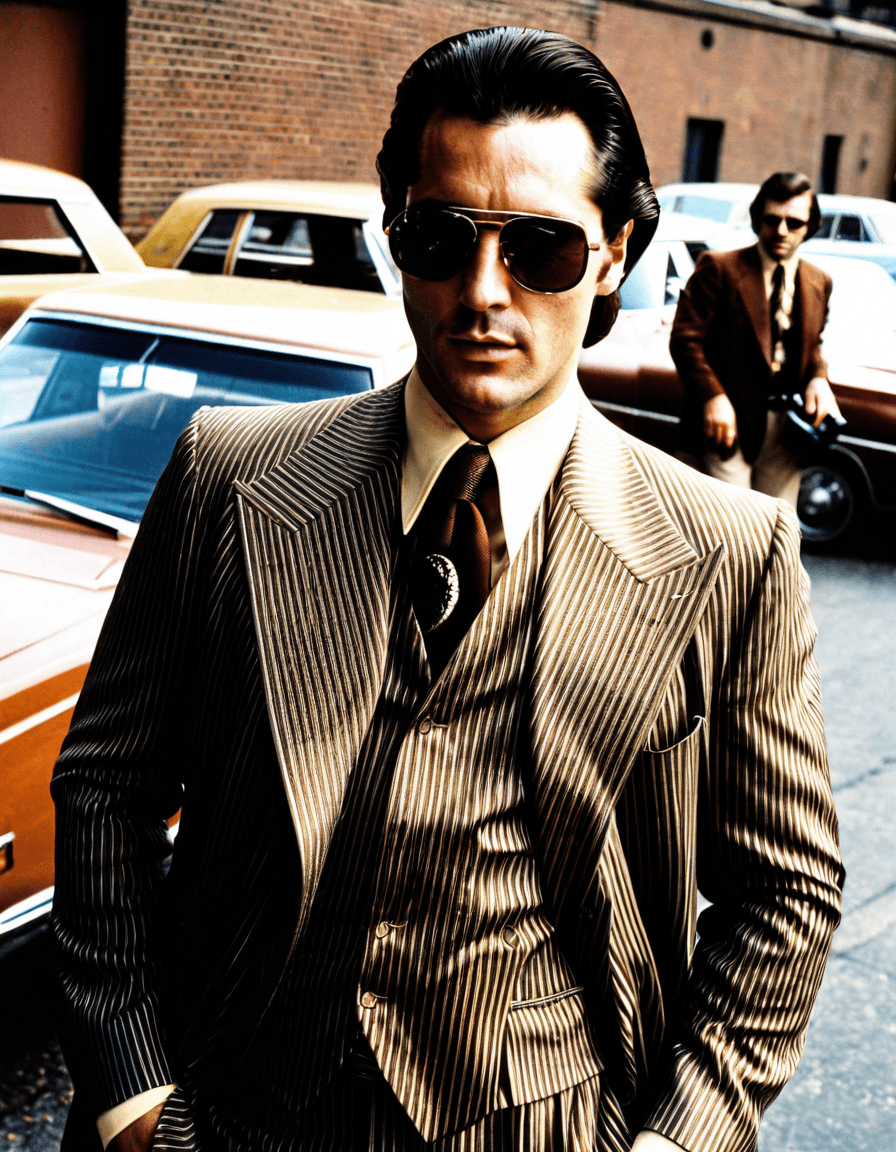
Top 7 Shocking Insider Revelations from Donnie Brasco’s Story
Lasting Reflections on Donnie Brasco’s Impact
At its core, Donnie Brasco is more than an exhilarating crime drama—it’s a potent examination of identity, loyalty, and moral ambiguity. Joe Pistone’s life reflects the precarious balance that law enforcement officers maintain, and how each choice can carry far-reaching consequences. This legacy prompts critical discussions about mental health among undercover agents, supporting the need for psychological resources in high-pressure roles.
The illusion of safety and the real dangers that lurk beneath the surface remain potent themes—whether in the movie industry or the world at large. By understanding the real-life implications of Pistone’s story, we open up dialogue about the complexity of human relationships, trust, and the inherent darkness that dwells within us all.
So the next time you pop in Donnie Brasco, remember that this isn’t just a story of right versus wrong; it’s a heartbreaking exploration of how far one can go in the name of “justice.” Pistone’s journey leaves viewers with lasting questions about the thin lines that we all navigate in life—an intricate dance between light and shadow within the most enigmatic factions of our society. Who knew that a mob story could speak so deeply to the human experience?
Whether you’re a casual filmgoer or a die-hard movie nerd, this classic continues to capture our imaginations, proving that in the world of cinema, the truth can often be stranger (and more gripping) than fiction.
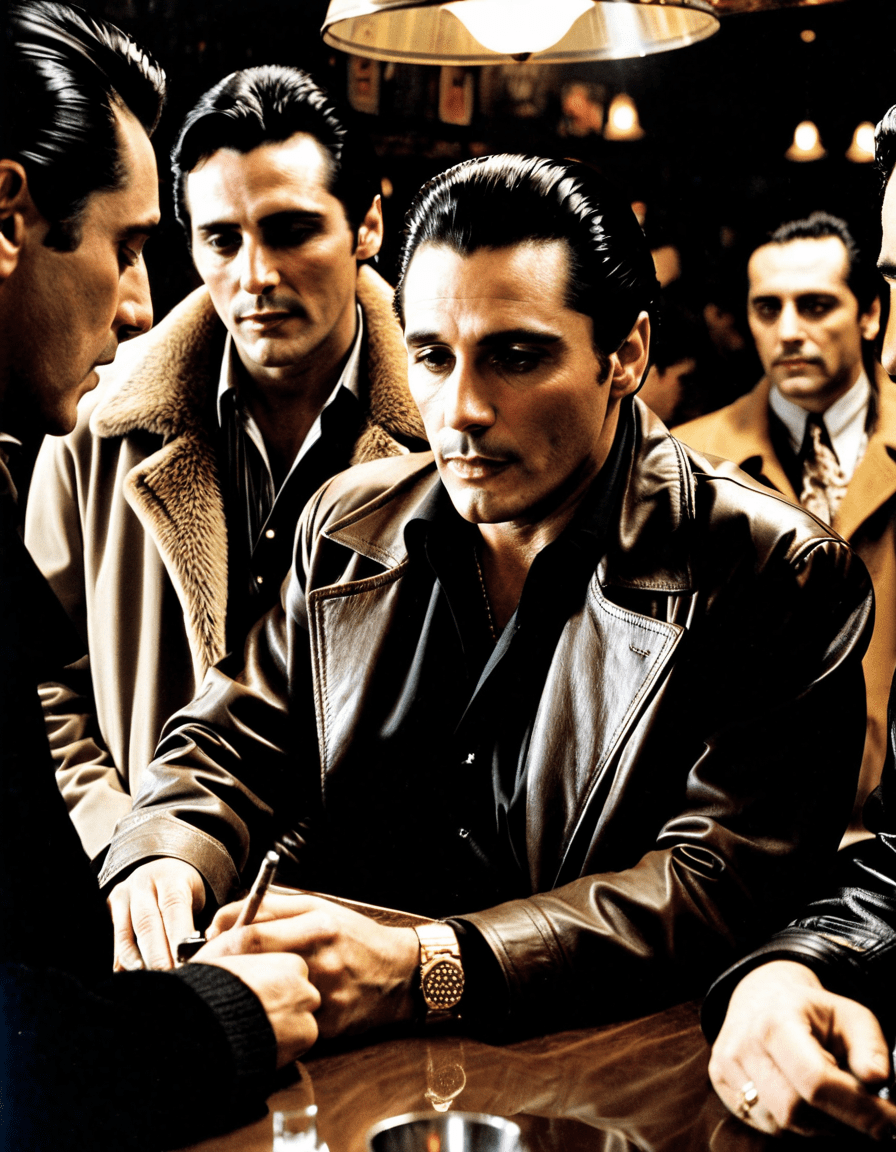
Donnie Brasco Secrets Behind The Mafia Undercover Story
The Life of an Undercover Agent
Donnie Brasco” is more than just a gripping mob drama; it’s based on a true story that sheds light on the nerve-wracking world of undercover operations. The film stars Johnny Depp as Joe Pistone, an FBI agent chipping away at the Mafia from the inside. Interestingly, the character of Donnie Brasco was inspired by historical figures, much like how classic cinema channels legendary actors like Sidney Poitier; their artistry leaves a lasting imprint on storytelling. Captured in The Irishman, for example, are grim shades of loyalty and betrayal, reflecting some of the very challenges that Pistone faced.
What’s fascinating is how Depp immersed himself into this role. He reportedly spent substantial time with real-life mobsters, not unlike the intense character development seen in productions related to other cultural movements, like samurai Girls in anime, underscoring the extensive lengths artists go to for authenticity, whether in animated worlds or gritty realities. Being deep undercover required him to adopt a new identity, a daunting task that would strike fear into anyone less committed.
Bold Risks and Key Moments
Throughout “Donnie Brasco,” there’s an intriguing mix of tension and camaraderie that highlights a key aspect of Mafia life. In an ironic twist, as Depp and Al Pacino’s character, Lefty, bond over hit jobs and personal loss, the film hints at deeper undercurrents of friendship. Much like the bittersweet themes explored in Things We Left Behind, the film forces audiences to confront what’s gained and lost when trust is intertwined with deception.
And let’s not forget the audacious choices made during the filming process. For instance, some scenes were shot at real mob hangouts, adding an authentic flavor to the film that’s reminiscent of the unpredictability of events discussed in true crime documentaries. The backdrop of Miami had more to offer than just a beautiful skyline; it provided a mix of thrill and danger reminiscent of a night in Brazil’s capital, where shadows lurk in bustling streets.
Legacy and Cultural Impact
“Donnie Brasco” left an indelible mark not just in cinema but also in the perceptions of the Mafia’s portrayal in media. The movie’s legacy isn’t just confined to film buffs; it has influenced pop culture substantially, sparking further interest in stories of organized crime. You could even argue it paved the way for more psychological explorations found in narratives like Charlatan. It portrays the complexities of flawed characters—be they underdogs or the morally ambiguous.
In sum, “Donnie Brasco” captivates audiences not just for its storyline but for its sheer audacity to delve deep into the psyche of an undercover agent. Whether viewers are drawn to relatable character arcs, thrilling plot twists, or the anxiety-inducing atmosphere of undercover work, there’s something for everyone. Just like the turn of recent film releases—think of how people are buzzing about the new Kevin costner movie—classic stories like “Donnie Brasco” remain timeless by resonating with audiences on multiple levels, ensuring their place in cinematic history.
